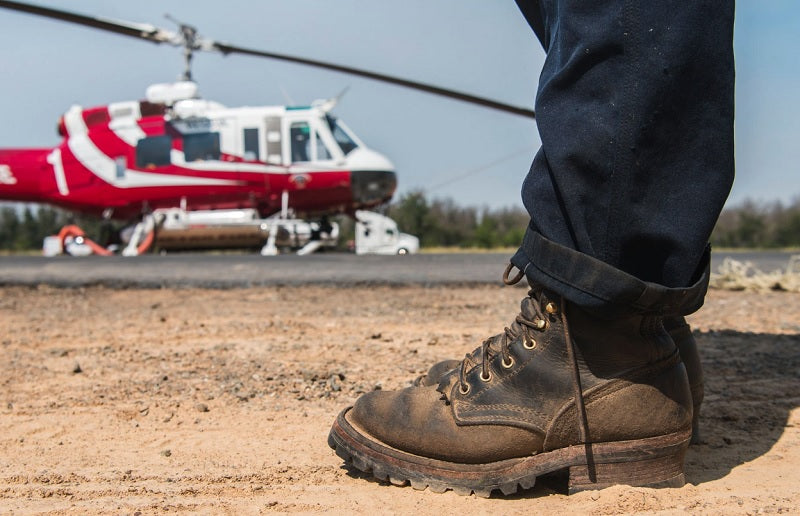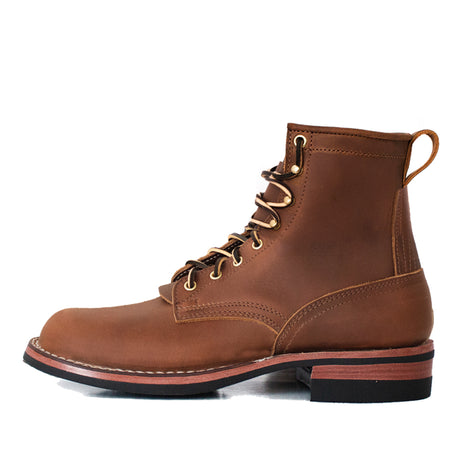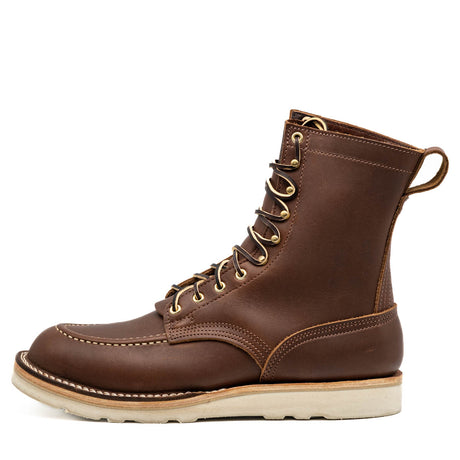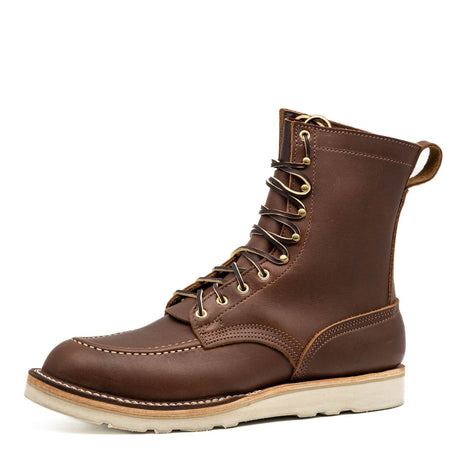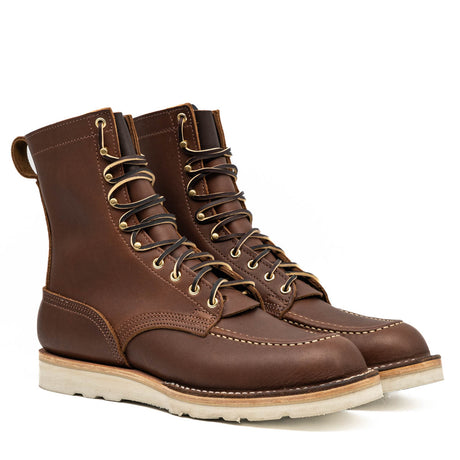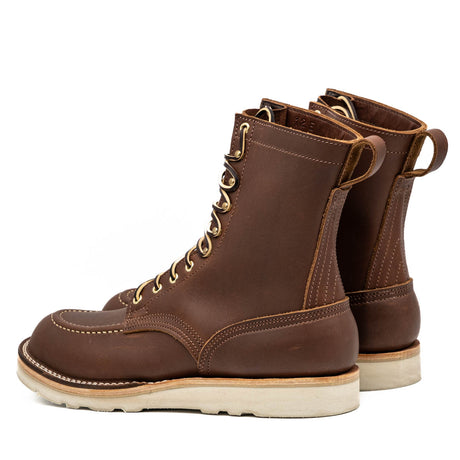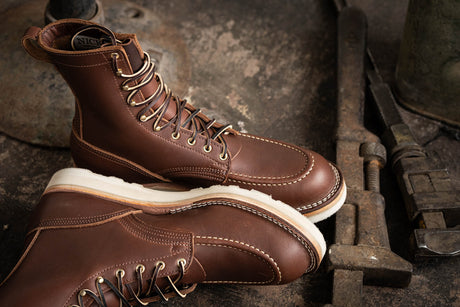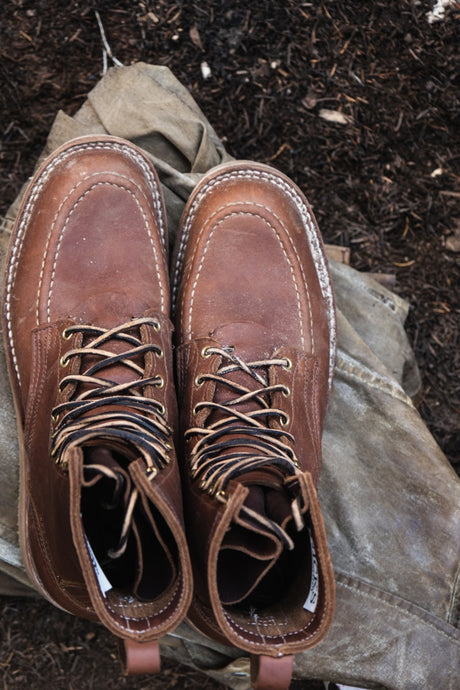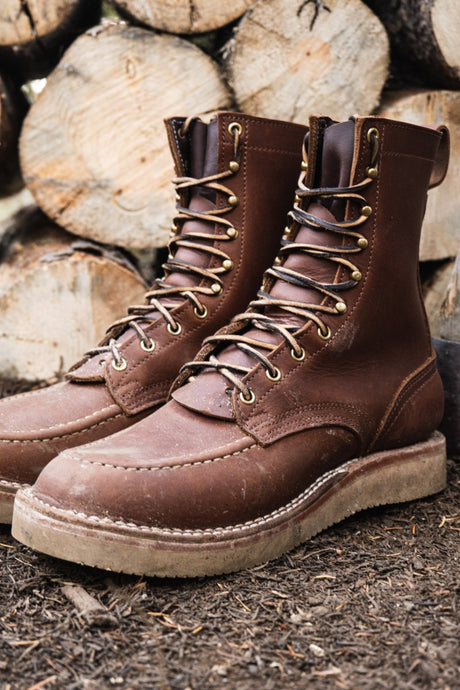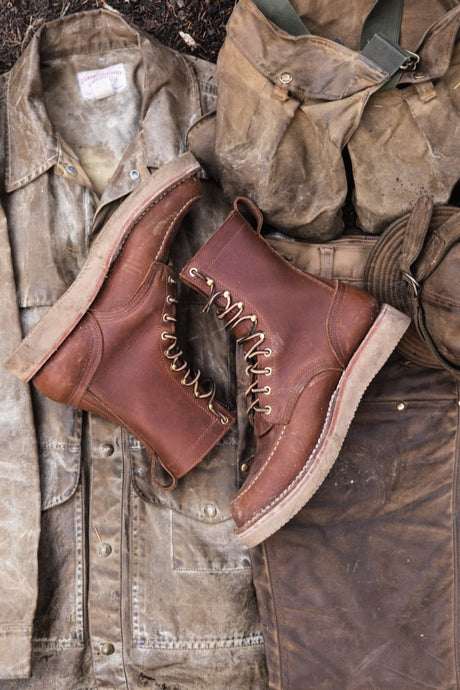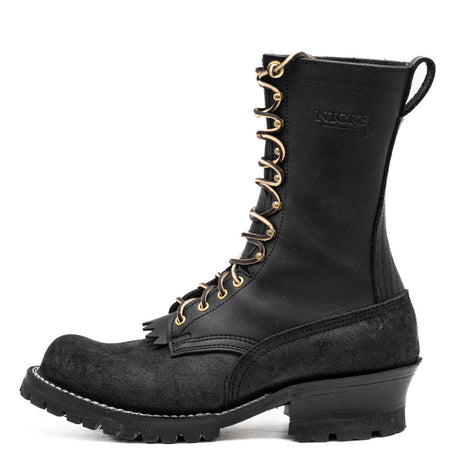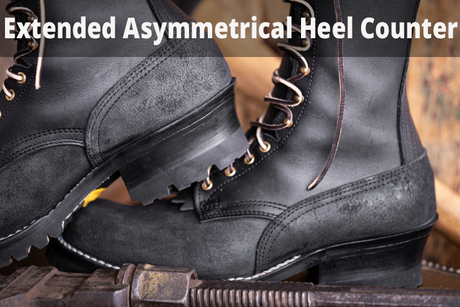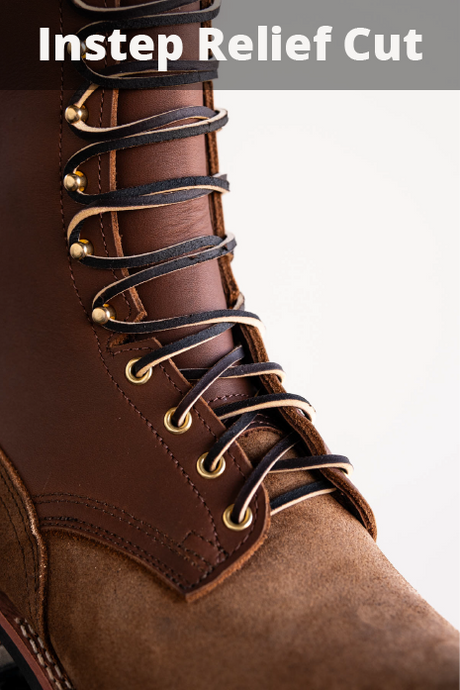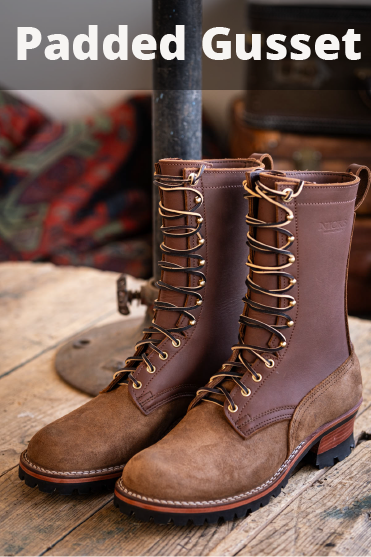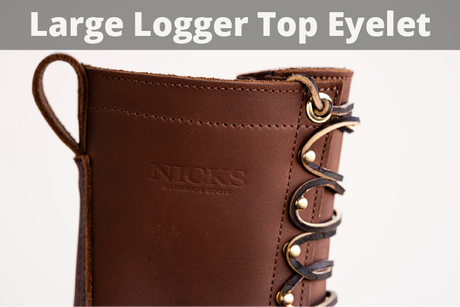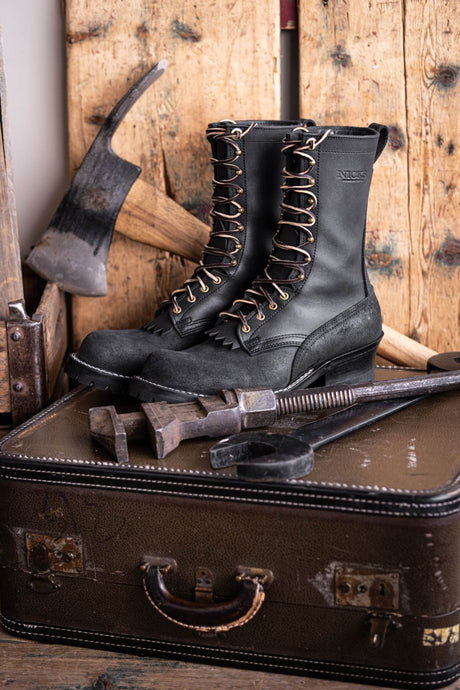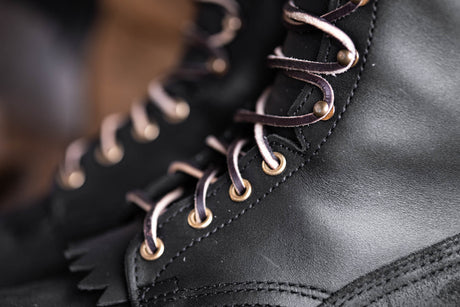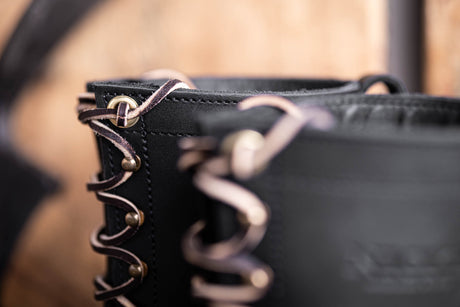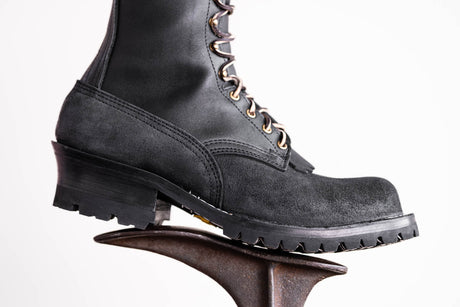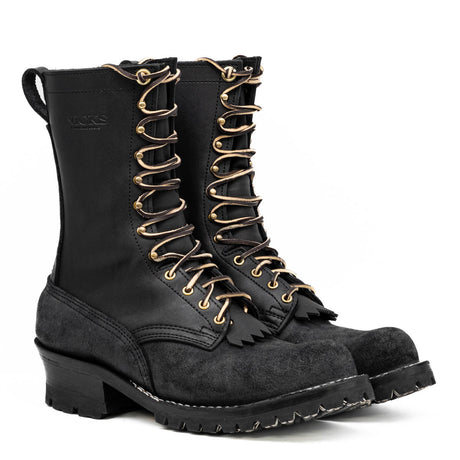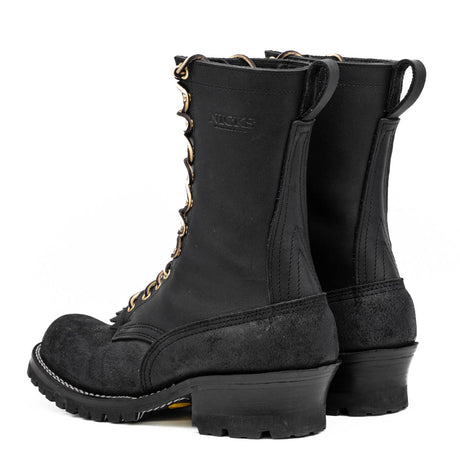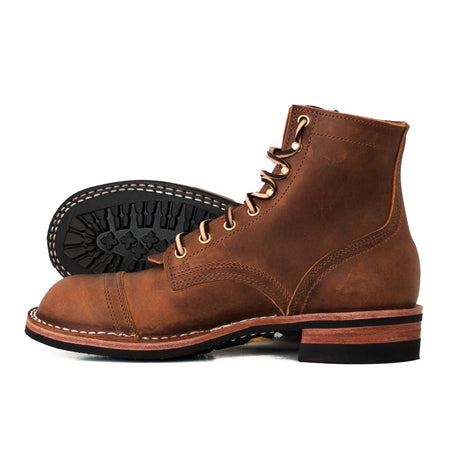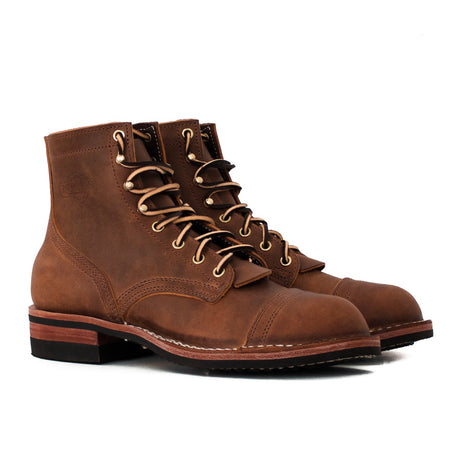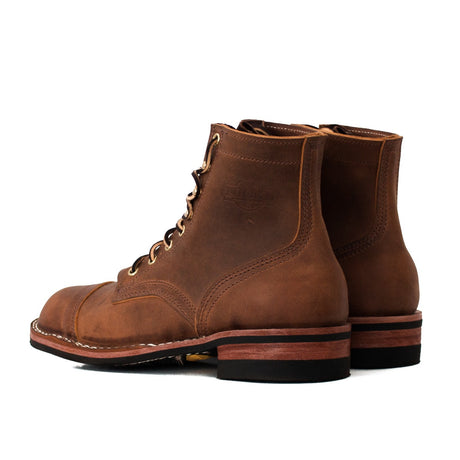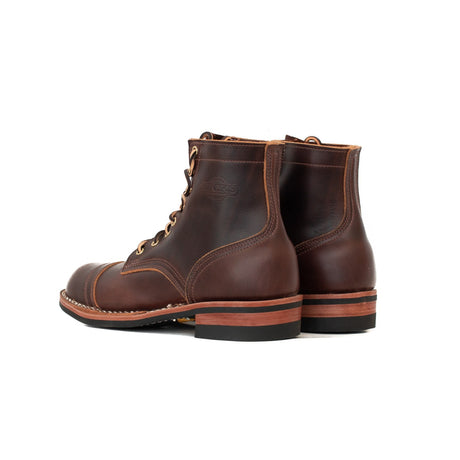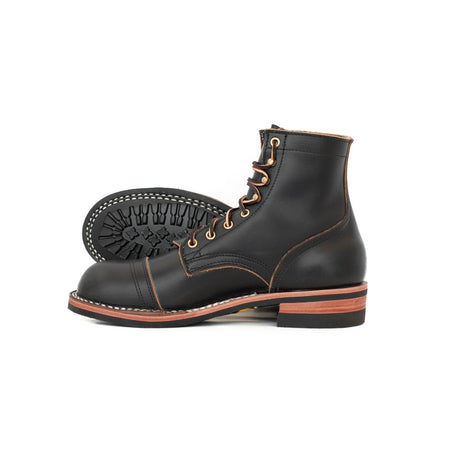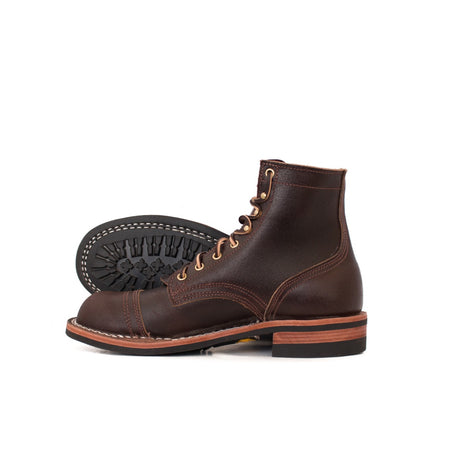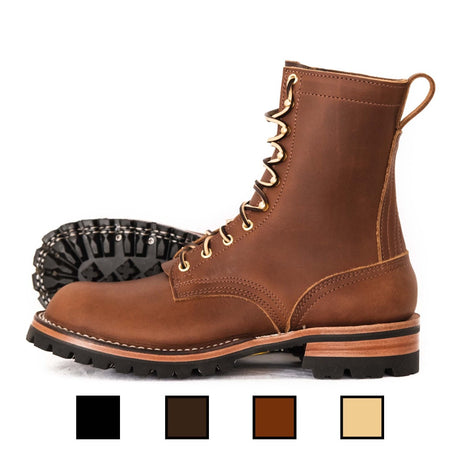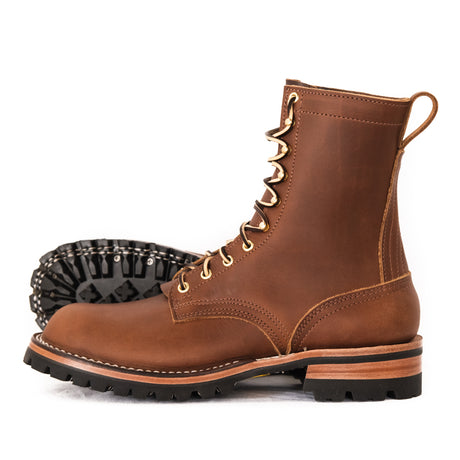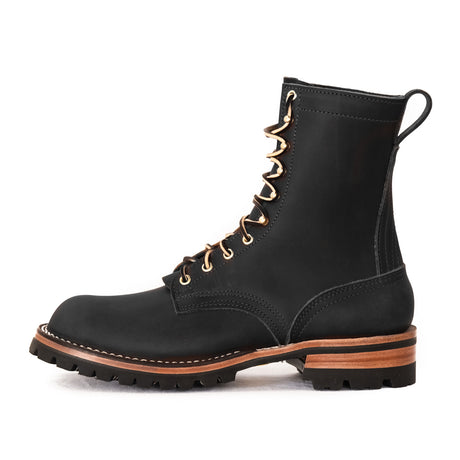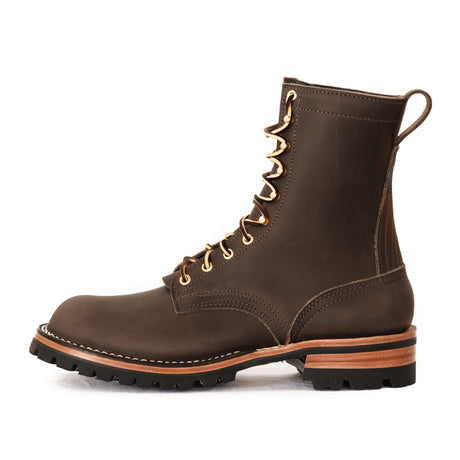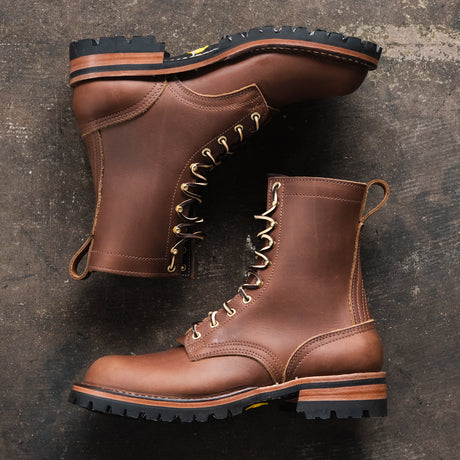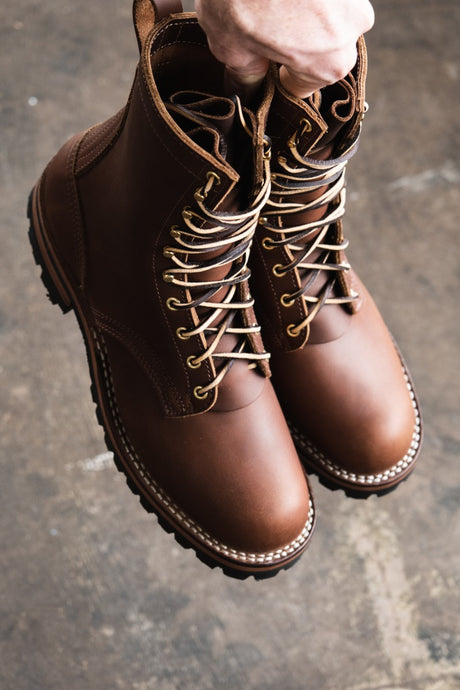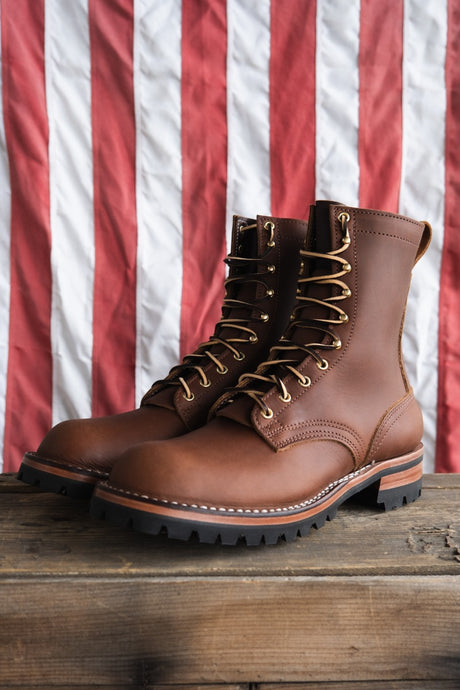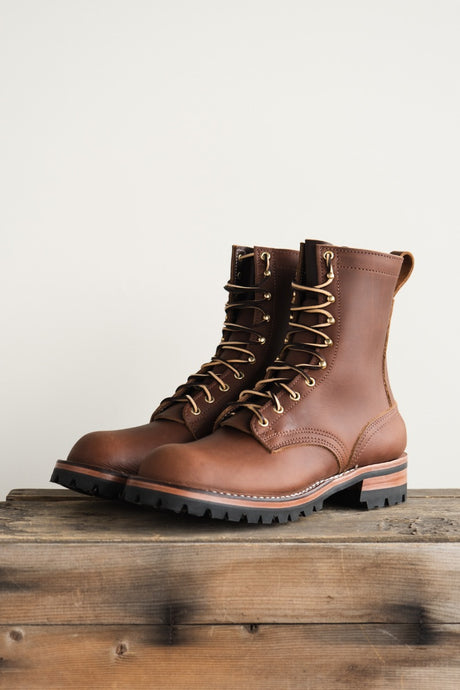Are Work Boots Bad For Your Feet?
Can work boots be bad for your feet?
Work boots actually can be bad for your feet, but only if you buy the wrong kind of work boots. Think of it this way: work boots are a tool, and every job has a right tool suited to it. You have to pick the right kind of work boots for you as well as your work.
Also, it helps to be fitted for boots rather than just buying a pair off the rack. Believe it or not, custom work boots can go a long way.
So, how is it that work boots can be detrimental to your feet? Let's get into that a bit more.
Arch Support Is Critical In Work Boots
One area where many work boots fall short is in arch support. Think of the bottom of the foot. There are four main surfaces that contact the ground. You have the heel, the arch and the ball of the foot with the toes attached.
The way the foot is supposed to strike the ground is the heel contacts first, then the arch rolls forward, followed by the ball then the toes. Now, what good footwear is supposed to do is support the shape of the arch of your foot. Without that support, the arch collapses and the foot rolls out flat and stretches the foot - along with the ligaments, nerves, and muscles of the foot - beyond what it is supposed to do.
It's called over-pronation, and it is the leading cause of plantar fasciitis, one of the most common foot injuries. Also called policeman's heel, it causes pain at the rear of the arch.
There are many home remedies, but it's prevented by getting work boots with proper arch support. People with high arches need more cushion, people with flat arches need a bit more firm stability, and people in the middle need a bit of both.
Getting a proper fit, with foot measurement, can reveal the shape of your arches and thus tell you what sort of arch support you actually need. Without it, you can be prone to plantar fasciitis.
Work Boot Heel Height Matters Too
Another aspect to pay attention to is the heel of your work boots. A logger or lineman boot heel, which is raised beyond a standard heel of the boot design, would seem to be the best pick as this gives your heel adequate support and shock absorption.
It might not be if it isn't a pair with good internal arch support. Higher heels work well in boots with good internal arch support.
For boots with a higher heel and inadequate internal arch support, as your heel is raised, your hips shift forward along with your center of gravity. Your calf muscles contract and adjust to the new foot position. The Achilles tendon tightens as well. Your weight shifts from being well distributed to being mostly on the ball of the foot.
What can this do?
It causes additional strain on the foot, the knee, the hips and the small of the back. With too-tight a toe box, you can actually pinch nerves in your feet, causing pain and numbness in the toes - a condition called Morton's neuroma.
Too tall a heel can also impact balance, leading to a greater chance of ankle injury and falls. In the wrong situation, that can be fatal on a job site.
So...how can this be avoided?
Know thyself, the saying goes. Specifically, in this case, know your work. What you do and where you do it are important.
Lineman and logger boots, with the raised heel, are suited for their jobs. Linemen climb ladders for much of the day. This feature is necessary to ensure proper footing and a safe hold when ascending, working, and descending.
Loggers, on the other hand, are on uneven terrain at all times, sometimes going up, down or sidehilling inclines that most people would never think of trying to walk up. They need the extra support for a sure foothold.
If you work in construction in the average residential area, with relatively level terrain and encounter compacted dirt or concrete and little else...a traditional heel may be better. Good arch support is too, but you may be better off with a traditional boot heel if there are concerns about "catching" your heel. There is a reason why iron workers and roofers wear lower heel or non-heel boots.
Toe To Toe With Custom Work Boots
Another aspect you must consider when looking at custom work boots or even factory boots is the toe box. It definitely matters; this is not the area to overlook.
A toe box that's too short lengthwise will cause the toes to crimp, commonly called hammer toes. This can permanently damage the toe muscles and cause painful corns. Chafing and other foot pain can also occur.
As mentioned above, too high a heel with a cramped toe box can pinch your nerves, causing your toes to go numb and develop nerve pain.
Too narrow a width can also cause bunions, which is actually a bony growth of the foot. In other words, it causes your feet to deform!
Steel toe work boots are thought to be a cause of these issues, but in truth, it is actually poor-fitting boots that do it. Properly fit, steel toe work boots cause no problems.
The Cure? Make sure you try on boots wearing your work socks. This will tell you exactly how the boots fit. If you feel any constriction in the toes, whether you don't have any room width or height wise, you need a different pair. You can try on a number of different pairs or get fitted for boots that will wear comfortably and securely.
Custom work boots may require a little more investment, but you're also investing in yourself and your well-being. How much is not having foot, ankle, knee and lower back problems due to bad boots worth to you?



